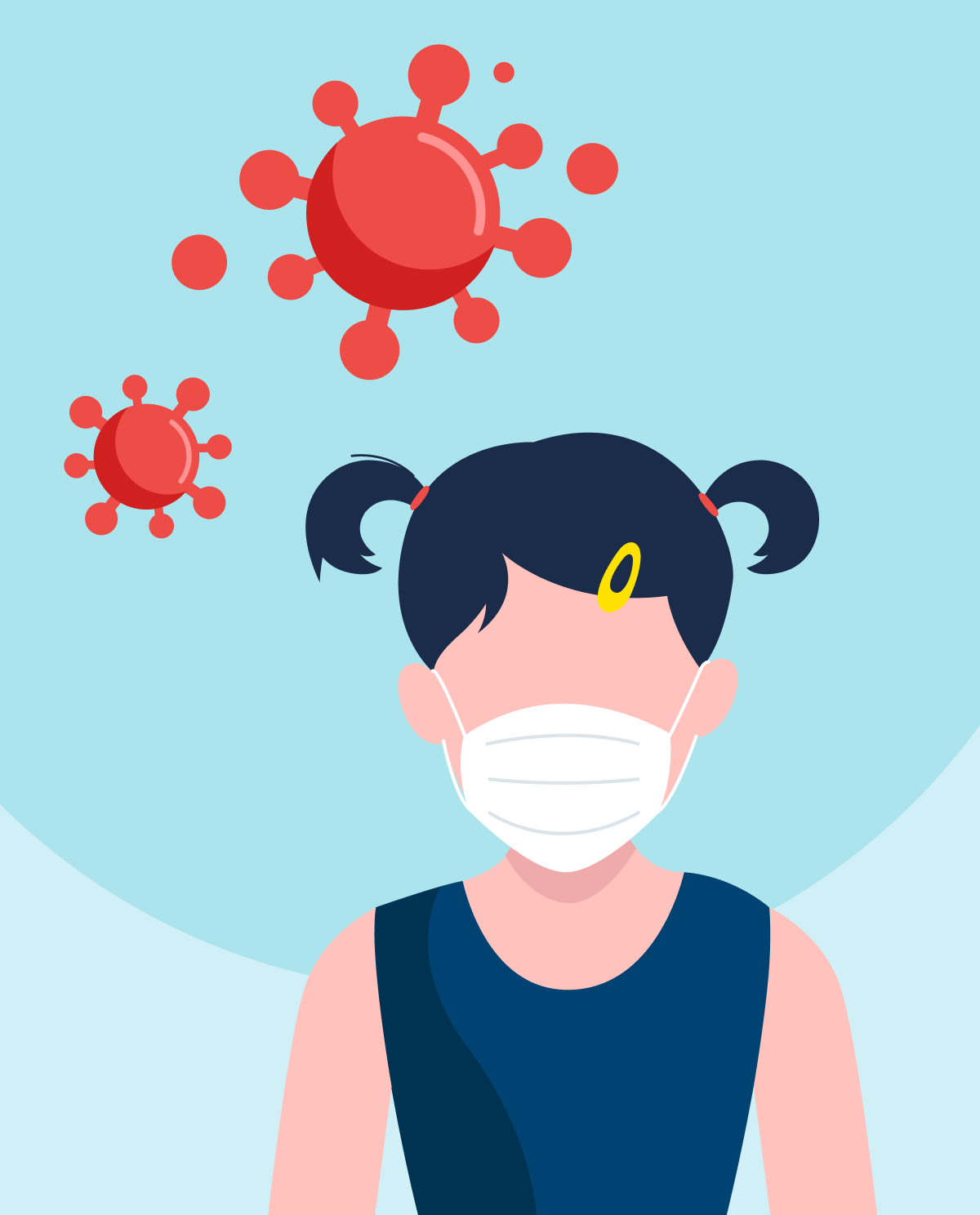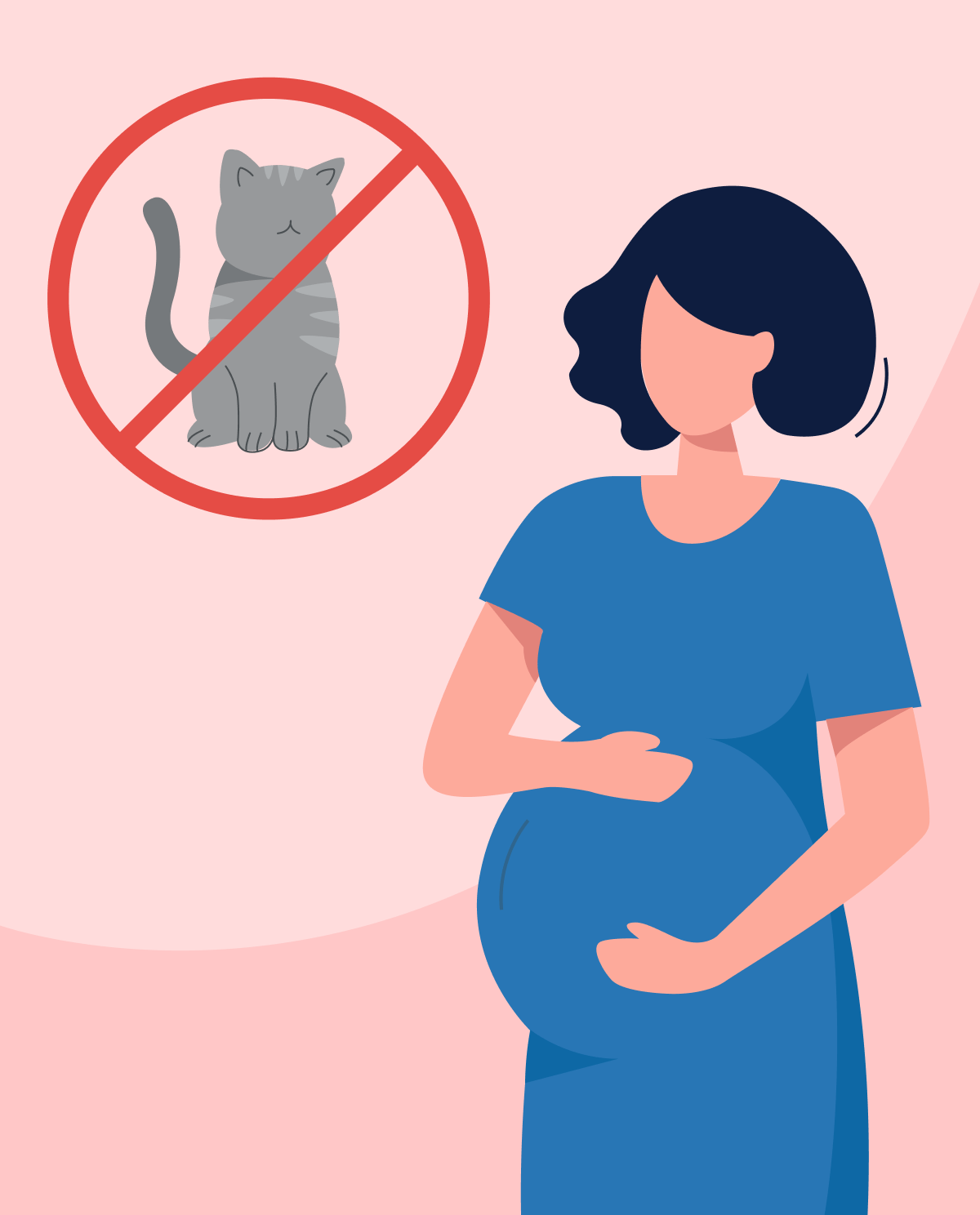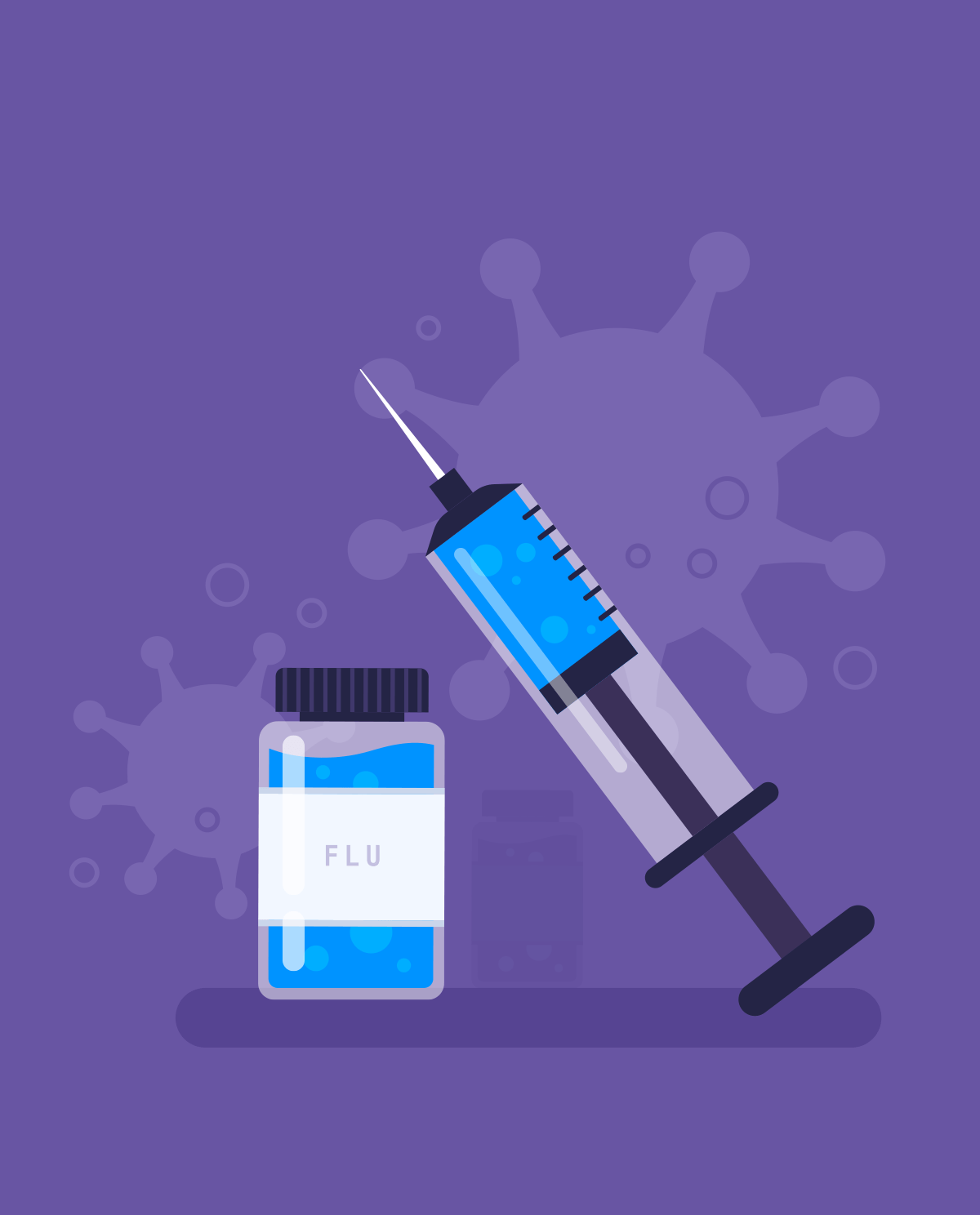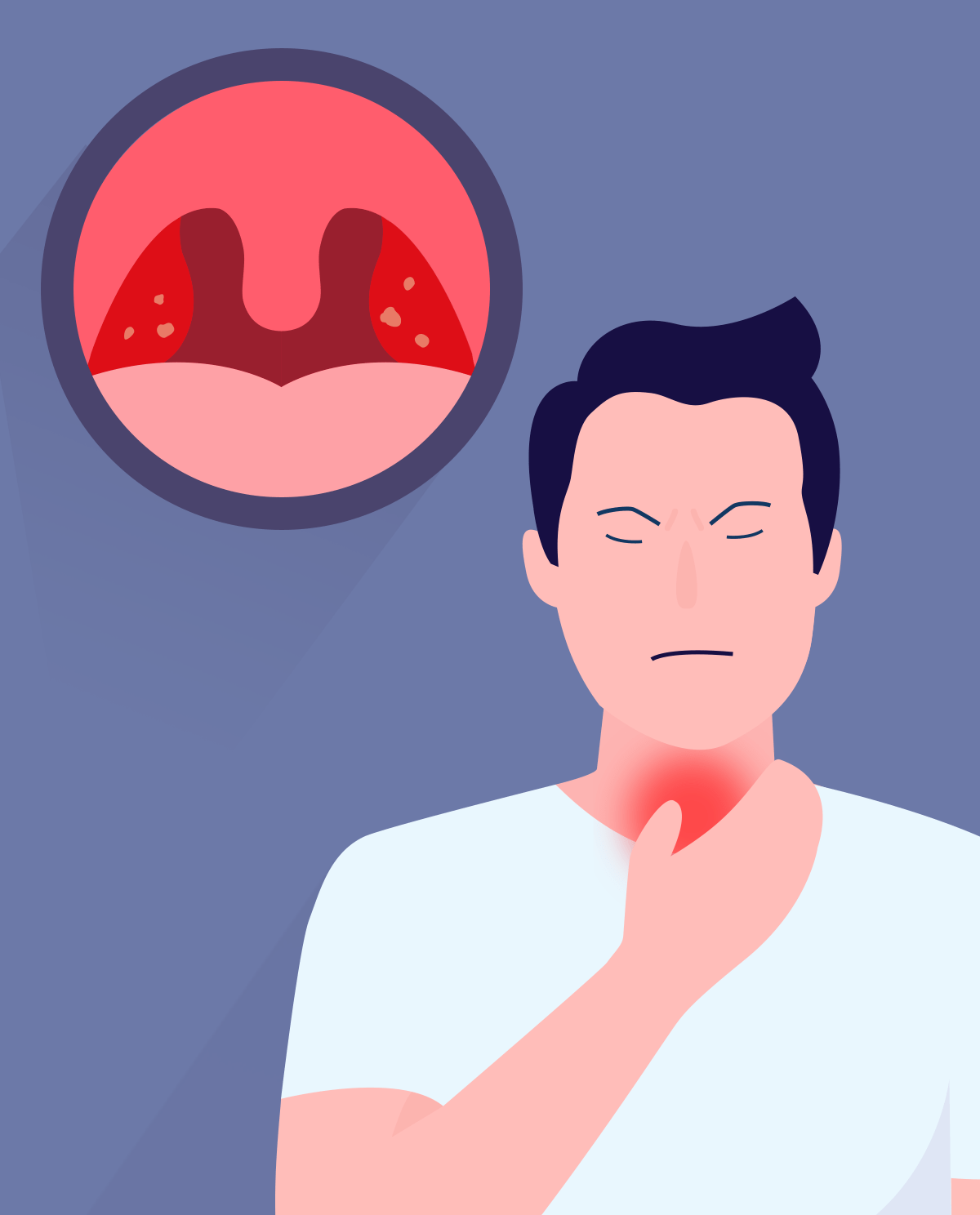Respiratory Syncytial Virus (RSV)
Respiratory syncytial virus (RSV) is a virus that can lead to infections of the lungs and respiratory tract. It is a widespread virus that most children contract by age 2, and it can also infect adults. For healthy older children and adults, RSV symptoms are generally mild and resemble those of a common cold. In such cases, self-care remedies are typically enough to alleviate any discomfort. However, RSV can cause severe illness in certain individuals, such as infants, older adults, people with lung or heart disease, or anyone with a weakened immune system.














